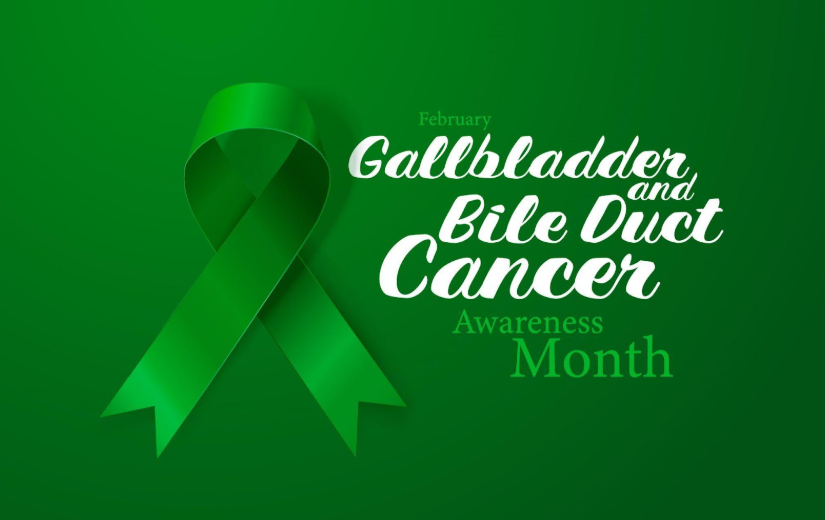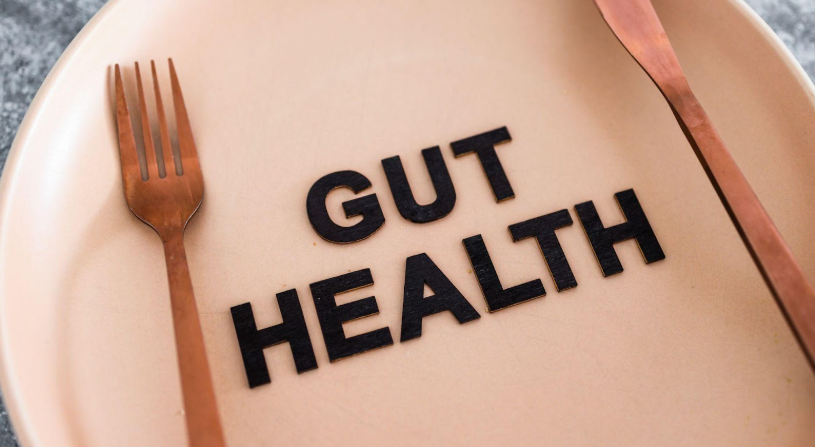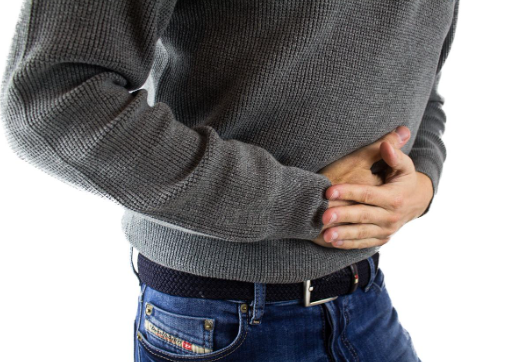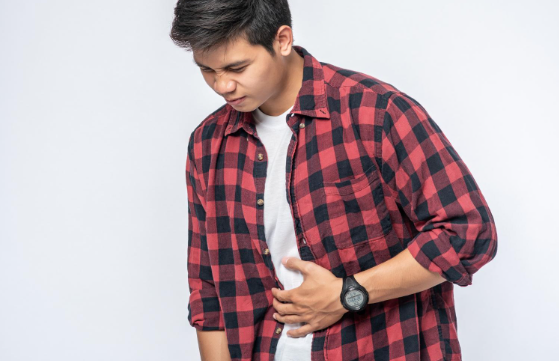
Endoscopies: Frequently Asked Questions + Information
If you have digestive problems, your doctor may recommend an upper GI endoscopy. An upper GI endoscopy is a simple procedure that allows the doctor to look at your GI tract using a specially designed camera. Once they've seen the inside of your digestive tract, they might be able to give you an accurate diagnosis. Upper GI endoscopies may be a little uncomfortable, but they shouldn't be painful or overly unpleasant.
Here are some answers to several frequently asked questions about upper GI endoscopies.
What Happens During an Upper GI Endoscopy?
An upper GI endoscopy involves a doctor inserting a tube into your throat. Attached to the end of the tube is a camera that records live video of the interior of your digestive tract. This gives your doctor a clearer picture of what is causing your symptoms. The endoscopy can take as little as 15 minutes in most cases.
Do Upper GI Endoscopies hurt?
Despite the discomfort, your doctor ensures that the procedure will be painless.
Before beginning the procedure, the doctor may use an anesthetic spray to numb your throat and the inside of your mouth and may also administer sedatives that help you relax during the procedure. After the tube is inserted, try to relax, and remember the procedure will be over soon. The process should not be painful at all, so notify your doctor if you feel pain or excessive discomfort.
Why Might A Doctor Suggest A GI Endoscopy?
Your doctor could recommend an upper GI endoscopy if you've been having digestive issues like nausea, vomiting, pain, and diarrhea.
An endoscopy may help your doctor diagnose conditions like cancer, inflammation, internal bleeding, digestive autoimmune diseases such as celiac disease, and more. Aside from taking video images of the digestive tract, an endoscope can be used to collect tissue samples and even treat the issue during the procedure.
How Long Will Your Appointment Take?
In general, upper GI endoscopies take no longer than 15 minutes. However, you'll also need about 30 minutes of recovery time afterward if anesthesia is used. During the recovery period, any anesthesia used should begin to wear off. However, you will still be under the influence of the medication, so do not drive yourself home after the procedure.
How Will You Feel After the Procedure?
After the procedure, the anesthesia might leave you a little woozy, and you might have a mild sore throat that should go away in a couple of days.
You shouldn't experience serious pain after the procedure—if you do, that may be a sign of a complication and should be reported to your doctor.
How Safe Is an Upper GI Endoscopy?
Although it might sound a bit scary, an upper GI endoscopy is a safe procedure that many medical professionals have performed hundreds of times. Only a few patients experience postoperative complications. These are mostly minor infections that are treated with medication.
In extreme cases, patients can suffer from a tear in their digestive tracts. Surgery is needed in such cases to prevent further damage.
What Are the Signs of Complications?
Signs of complications can include pain, fever, trouble breathing and swallowing, vomiting, and blood in the stool. If you experience any of these symptoms after your procedure, notify your physician immediately.
How Do You Prepare for an Endoscopy?
Before your appointment, you'll need to take a few steps to ensure the success of your procedure. You might need to stop taking certain medicines, especially blood thinners, the night before your operation. Your doctor might advise you not to eat anything the night before your procedure.
Tell your doctor about all medications that you take—even if they don't seem important, they could have a big impact on the success of your procedure. Do not consume alcohol before your procedure, as alcohol may interact with the anesthetic.
You should also ask your doctor what documents you need to bring. You may need to bring your ID and insurance information. If you're insured, you should also be prepared to pay the co-pay or deductible when you arrive. Make sure you arrive early, so you have time to fill out the paperwork.
You won't be able to drive yourself home if you received anesthesia, so ensure you bring an adult who can transport you after your procedure.
When Will You Get the Results of Your Endoscopy?
Depending on the situation, your doctor might be able to identify the problem right away. They may also have to send the tissue to a lab for a biopsy. If they need to test the tissue, you could have to wait a week or so before you get your results.
Where Can You Go for an Upper GI Endoscopy?
At Northlake Gastroenterology, we perform upper GI endoscopies right here in our clinic. We have a professional team of staff members who will ensure you are comfortable and relaxed during the procedure. If you have any questions, do not hesitate to ask before your appointment.
Our team of doctors can perform your procedure as quickly and efficiently as possible to get you the results that you need. To request an appointment, simply call the nearest location or fill out the form on our website. We have four clinics located in the state of Louisiana. Once we get your message, we'll help you set up an appointment at a time that's convenient for you.












